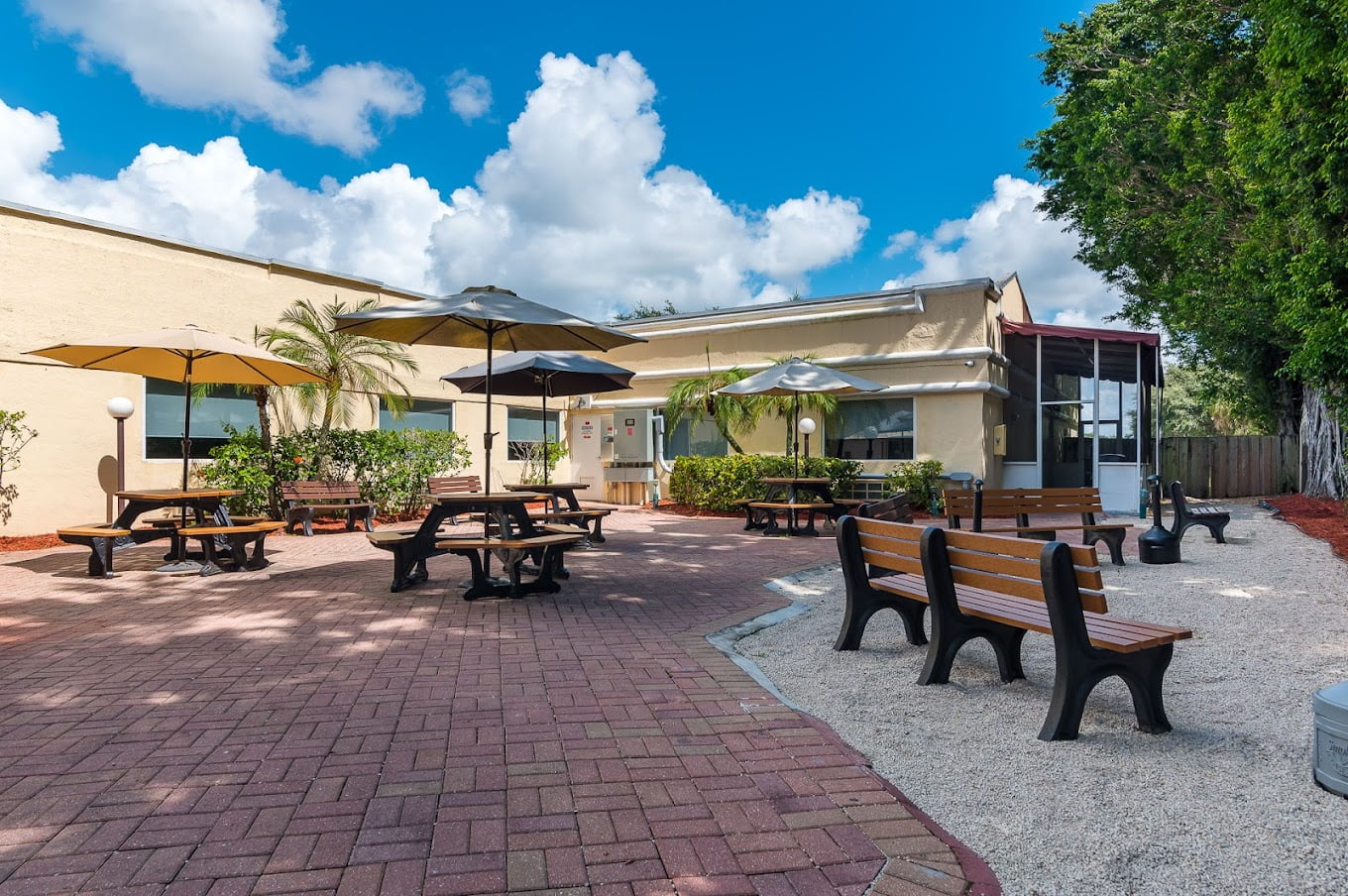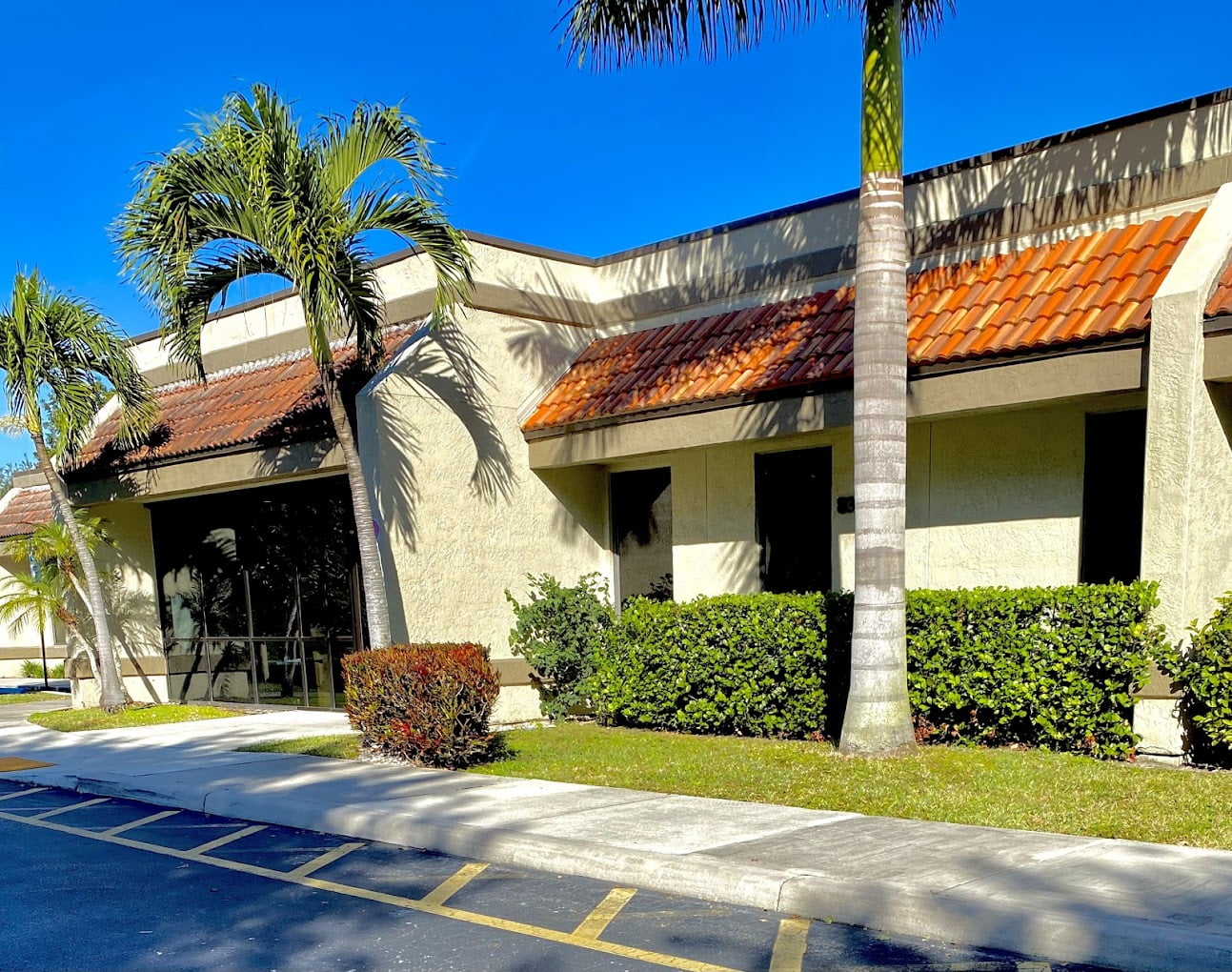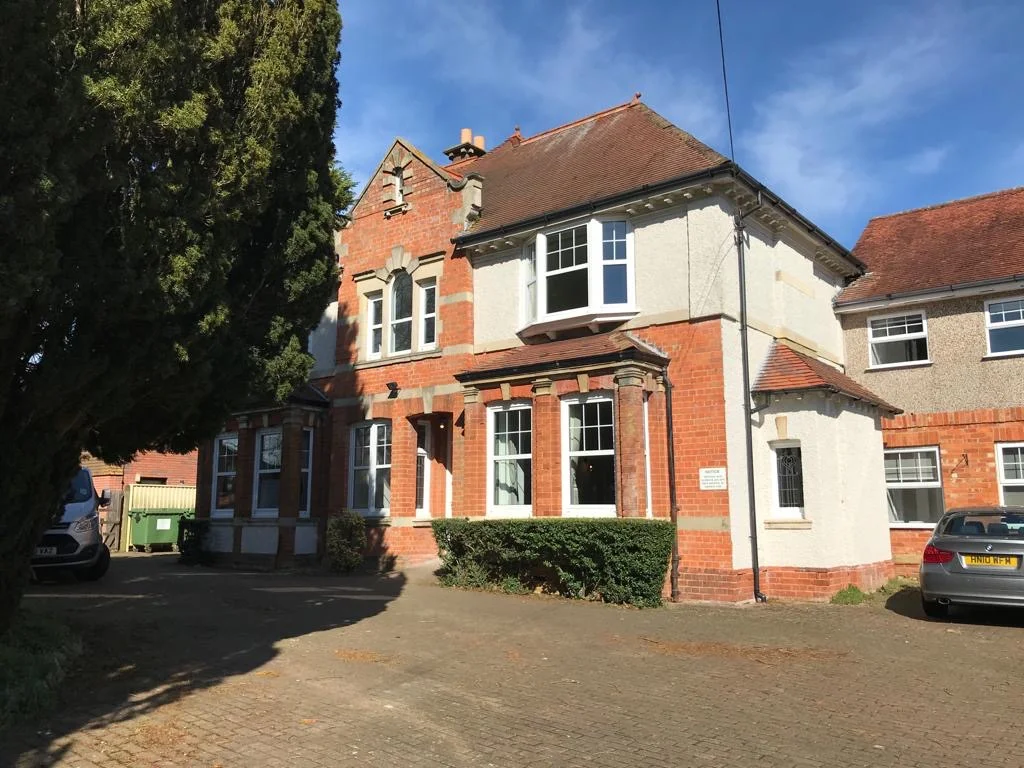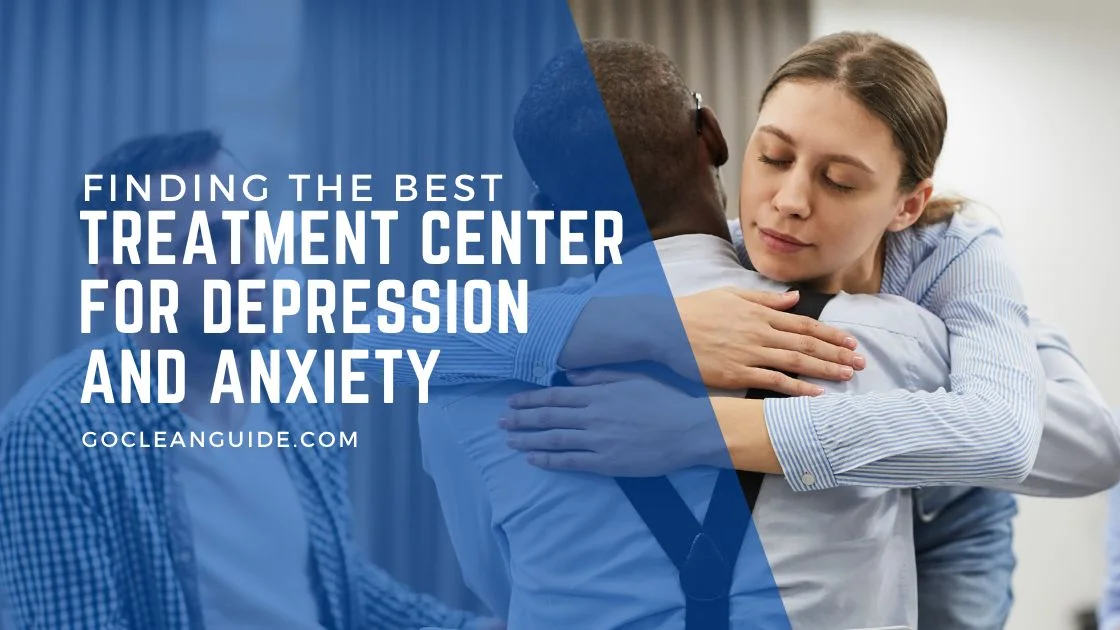Finding the Best Treatment Center for Depression and Anxiety
Depression and anxiety are two common mental health disorders affecting millions worldwide.
While these disorders share some common symptoms, their causes and treatment approaches may differ.
Receiving proper treatment for depression and anxiety can help reduce symptoms and improve overall quality of life.
However, with so many treatment options available, Finding the Best Treatment Center for Depression and Anxiety for you can be challenging.
How to Find the Best Treatment Center for Depression and Anxiety
We’ll explore ten necessary steps you should take to find the best depression treatment center.
1. Understand Your Needs and Goals for Treatment
Before you begin your search for a depression treatment center, take some time to think about your needs and goals for treatment.
Consider what type of support you’re looking for: outpatient or inpatient care, individual or group therapy, medication management, or a combination of these.
Understanding your needs and goals will help you narrow down your choices and find a center that offers the specific services you require.
- Make a list of the types of treatment you’re looking for (e.g., outpatient, inpatient care, individual or group therapy, medication management)
- Identify any special needs you may have that need to be addressed (e.g., access to transportation or child-care services)
- Think about what type of support system is important to you (e.g., family involvement or peer groups)
- Consider your budget and options regarding insurance coverage
2. Research Multiple Centers
Once you’ve identified your needs and goals, research multiple depression treatment centers.
Look for centers that specialize in treating depression and offer evidence-based treatments such as cognitive-behavioral therapy (CBT), interpersonal therapy (IPT), and medication management.
Use online resources to find centers near you and read reviews from previous patients.
Here is the checklist version of the step “Research Multiple Centers”:
- Use online resources to find depression treatment centers near you
- Read reviews and ratings from previous patients to get an idea of their experiences
- Consider the location, size, and reputation of each center
- Look for centers that offer evidence-based treatments for depression, such as cognitive-behavioral therapy (CBT) and interpersonal therapy (IPT)
- Narrow down your choices based on your needs and goals for treatment.
3. Assess the Quality of the Center
When researching depression treatment centers, assess the quality of each center based on its credentials, accreditation, and licensing.
Check if the center is certified by the Joint Commission, Commission on Accreditation of Rehabilitation Facilities (CARF), or the Council on Accreditation (COA).
These accreditations ensure that the center meets national standards for quality and safety.
- Check if the center is certified by the Joint Commission, Commission on Accreditation of Rehabilitation Facilities (CARF), or the Council on Accreditation (COA)
- Verify the center’s licensing and accreditation
- Research the qualifications and experience of the staff
- Consider the center’s safety and security measures
- Evaluate the quality of the facilities and amenities provided by the center
4. Evaluate the Treatment Programs Offered
Evaluate the treatment programs offered by each center to determine if they align with your needs and goals.
Look for centers that offer evidence-based treatments for depression, such as CBT and IPT.
Consider whether the center provides individualized treatment plans or a one-size-fits-all approach.
- Determine if the center offers evidence-based treatments for depression, such as cognitive-behavioral therapy (CBT) and interpersonal therapy (IPT)
- Look for centers that offer a range of treatment options, including medication management, individual therapy, group therapy, and holistic therapies
- Consider whether the center provides individualized treatment plans or a one-size-fits-all approach
- Evaluate the duration of treatment and the frequency of therapy sessions offered by the center
- Determine if the center offers aftercare and support services to help you maintain your mental health after treatment.
5. Consider the Cost and Insurance Coverage
The cost of treatment is an essential factor to consider when choosing a depression treatment center.
Research the cost of treatment at each center and determine if it fits within your budget.
Additionally, check if your insurance covers the cost of treatment and if the center accepts your insurance plan.
- Research the cost of treatment at each depression treatment center you’re considering
- Determine if your insurance covers the cost of treatment and if the center accepts your insurance plan
- Consider your budget and determine if you can afford the out-of-pocket expenses for treatment
- Inquire about available financial assistance programs or payment plans offered by the center
- Compare the cost of treatment with the quality of care each center offers.
6. Check the Staff Credentials and Experience
The staff at the depression treatment center plays a significant role in your recovery. Ensure that the center has licensed and experienced mental health professionals, such as psychiatrists, psychologists, social workers, and therapists. Verify the credentials of the staff by checking their licenses and certifications.
- Verify the credentials of the staff, including their licenses and certifications
- Determine if the staff has experience in treating depression and related mental health conditions
- Research each staff member’s qualifications and education
- Consider the gender and cultural background of the staff and whether this matters to you in your treatment
- Inquire about the staff-to-patient ratio to ensure that you receive adequate attention and care.
7. Read Patient Reviews and Testimonials
Reading patient reviews and testimonials can provide valuable insights into the quality of care provided by a depression treatment center. Look for reviews on the center’s website, social media pages, and third-party review sites like Google and Yelp. Read both positive and negative reviews to get a balanced perspective.
- Search for reviews and testimonials of the depression treatment center online
- Look for reviews on multiple platforms, including the center’s website, social media, and third-party websites
- Read both positive and negative reviews to get a balanced perspective
- Pay attention to reviews that mention specific staff members or treatments
- Consider whether the reviews are recent and if the center has responded to any negative feedback.
8. Tour the Facility
Touring the facility can give you a sense of the environment and available treatment options. Schedule a center tour and ask to see the patient rooms, group therapy rooms, and recreational areas. Additionally, meet with some of the staff to ask questions about their approach to treatment.
- Schedule a tour of the depression treatment center with a staff member
- Observe the cleanliness and organization of the facility
- Pay attention to the amenities available, such as outdoor spaces and recreational areas
- Ask to see the treatment rooms and therapy spaces
- Inquire about safety and security measures in place at the facility
- Observe interactions between staff and patients to understand the treatment environment.
9. Ask Questions from the Treatment Center
During your tour, ask questions from the depression treatment center to gather more information. Ask about their approach to treatment, the treatment duration, the staff qualifications, and the success rates of previous patients. Asking questions can help you assess whether the center is the right fit for your needs.
Inquire about the treatment philosophy and approach of the center
- What types of therapies does the center offer?
- Does the center use evidence-based treatments?
- Does the center provide holistic approaches to treatment?
- How are treatment plans created for patients?
Ask about the qualifications and experience of the staff
- What licenses and certifications do the staff members hold?
- How many years of experience do the staff members have in treating depression?
- What is the staff-to-patient ratio?
Inquire about insurance and payment options
- Does the center accept your insurance plan?
- What out-of-pocket expenses can you expect?
- Are there any financial assistance programs available?
- Does the center offer payment plans?
Ask about aftercare and support services
- Does the center provide aftercare services to help maintain mental health after treatment?
- Does the center offer family therapy options?
- Are there any support groups or other resources available to patients after treatment?
Inquire about the center’s success rates and outcomes
- What is the center’s success rate in treating depression?
- How are patients monitored and evaluated throughout their treatment?
- What are some success stories from previous patients?
10. Make a Decision and Commit to Your Treatment Journey
After conducting thorough research and evaluating multiple centers, it’s time to decide and commit to your treatment journey.
Choose the center that aligns with your needs and goals and offers the highest quality of care.
Remember that recovery is a journey; finding the right treatment plan that works for you may take some time.
However, with so many treatment centers available, finding the best one for you can be challenging.
The Best Treatment Centers for Depression and Anxiety in the United States in 2023
When looking for a depression treatment center, it is important to evaluate the services offered, treatment methods used, qualifications of staff, success rates, and patient reviews.
After researching several top-rated depression treatment centers in the United States for 2023, we have identified five that have achieved high ratings from experts and patients alike.
Lifeskills South Florida

Lifeskills South Florida is one of the Best Treatment Centers for Depression and Anxiety and provides comprehensive mental health care services to adults and adolescents struggling with depression.
Their experienced clinicians offer evidence-based treatments such as cognitive behavioral therapy (CBT), dialectical behavior therapy (DBT), and medication management.
They also provide family counseling and group therapy sessions to help individuals learn how to cope with their symptoms.
Additionally, they offer an intensive outpatient program (IOP) that combines individualized therapy with support groups.
Banyan Mental Health

Banyan Mental Health is one of the Best Treatment Centers for Depression and Anxiety and offers a variety of treatments for depression, including psychotherapy, medication management, holistic therapies such as yoga and meditation, and nutritional counseling.
They also provide dual diagnosis treatment for those struggling with mental health issues and substance abuse problems.
Their team of psychiatrists, psychologists, therapists, nurses, and other professionals work together to create individualized treatment plans tailored to each patient’s needs.
The Mental Health Center at Destination Hope

The Mental Health Center at Destination Hope provides a range of treatments for depression, including psychotherapy, medication management, art therapy, music therapy, equine-assisted therapy (EAT), yoga classes, mindfulness training classes, nutrition counseling sessions, and more.
They also offer specialized programs such as their Women’s Program, which focuses on helping women cope with depression through group activities such as cooking classes or art projects.
Additionally, they provide family counseling services to help families better understand how to support their loved ones during recovery.
Timberline Knolls Residential Treatment Center

Timberline Knolls Residential Treatment Center is a leading residential facility specializing in treating women suffering from depression.
Their team of experienced clinicians offers evidence-based treatments such as CBT and DBT and holistic therapies like yoga and meditation classes.
Additionally, they provide nutritional counseling sessions to help individuals improve their overall physical health while recovering from depression.
Asana Lodge

Asana Lodge offers an effective residential program designed specifically for individuals suffering from depression or anxiety disorders.
Their team of experienced clinicians provides evidence-based treatments such as CBT and holistic therapies like yoga classes or acupuncture sessions to help individuals manage their symptoms more effectively.
Additionally, they provide nutritional counseling sessions, which can help improve overall physical health while recovering from mental health issues like depression or anxiety disorders.
Overall these five centers have achieved high ratings due to their comprehensive approach to treating depression by providing evidence-based treatments along with holistic therapies like yoga or meditation classes as well as nutritional counseling sessions, which can all be beneficial when recovering from mental health issues like depression or anxiety disorders. And therefore, we’ve considered them to be among the Best Treatment Centers for Depression and Anxiety.
Each center has its unique features that make them stand out among other treatment centers so it is important for individuals seeking treatment for mental health issues like depression or anxiety disorders to research each one thoroughly before deciding on which one best suits their needs.
Final Thoughts On Finding the Best Treatment Center for Depression and Anxiety
However, with so many treatment options available, Finding the Best Treatment Center for Depression and Anxiety for you can be challenging.
That’s why speaking with your doctor and seeking professional advice when considering the right treatment is important.
Your doctor will be able to provide insight into the different treatments available and explain which ones may work best for your particular situation.
Additionally, they can answer any questions or concerns you may have about specific treatments and their potential side effects.
It’s also important to remember that while various treatments are available, no single option is the perfect solution for everyone.
What works well for one person may not work as effectively for another.
In addition to speaking with your doctor, you can explore support groups or online resources to help find the best treatment.
Support groups offer an additional layer of understanding and provide a sense of community that can be invaluable when making treatment decisions.
Online resources offer up-to-date information about various treatments, allowing you to make an informed decision about the right one for you.
With the help of your doctor, support groups, and online resources, finding the best treatment for your mental health needs is possible.
Remember, Finding the Best Treatment Center for Depression and Anxiety is a personal decision, so take your time researching and choosing the one that best meets your needs.
Proper treatment provides hope and healing for those struggling with depression and anxiety.


